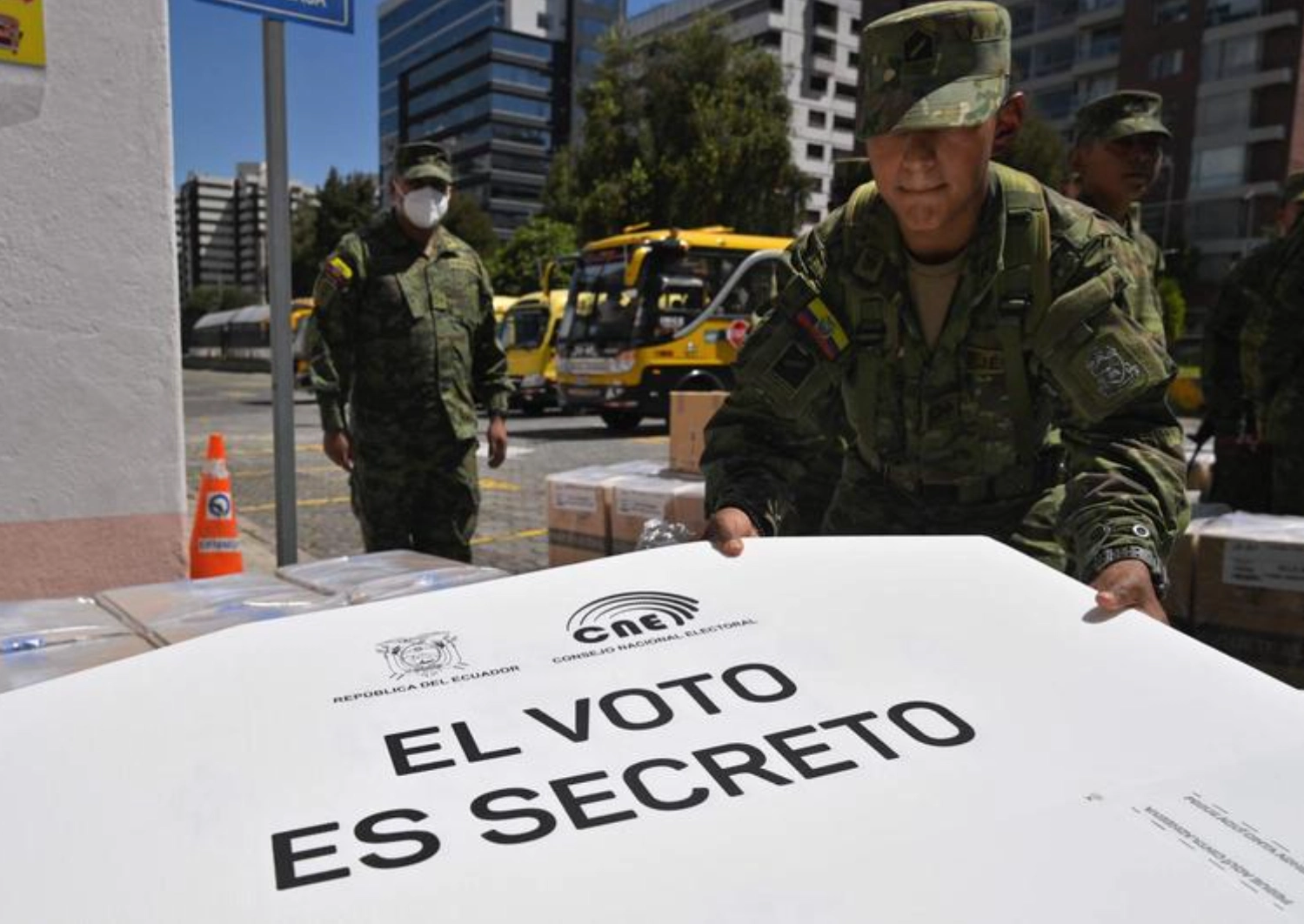The mutual death applied by President Lasso unsettled the political scenario in Ecuador. A presidential system does not coexist well with parliamentary outage expedients, such as mutual death. In the Ecuadorian constitutional design, its adoption was conceived as a dissuasive instrument, designed to negotiate consensual solutions between opposing actors, harassed by the threat of their possible extinction.
The dissolution of the assembly by the president was to function as a threat to prevent the escalation of the conflict. In this case, however, the actors in the conflict did not see the risk of it materializing. Actors unwilling to dialogue, accustomed to political cannibalism, to a dynamic of the opposing forces’ devastation, pulled the strings until they broke.
The president activated the dispositive, harassed by the situation, to the point of suffering his possible impeachment in a political trial in which more than arguments, the aim was to clear the ground of the criminal trials that kept former president Correa in exile, and thus create the conditions that would allow his return to the political contest.
The mutual death application deactivated this strategy and generated, at least for the moment, a new space for political forces’ re-articulation. Its effects on the immediate situation were evident: it managed to unblock the conflict and forced the actors to abandon the confrontation in order to fix their internal ranks and place themselves at the starting line of the next electoral event. A tour de force that put into play the capacities of political calculation and forced the political actors to fill lists and hurry up internal agreements.
The postmortem effects are beginning to show, but they will become clearer and more evident with the results of the electoral contest. The short times for the replacement have caused the system to repeat its logic, immediacies, and personalism in the agenda, showing that it is a phenomenon clearly derived from what the Constitution of Montecristi has for the system of representations. A hybrid that allows the coexistence of political parties of national representation and political movements of local representation. An institutional design that favors, paradoxically, the construction of personalistic leadership and the concentration of power, a clear support base for the caudillismo and hyper-presidentialism.
There is another element of a different nature, but which comes into play and which will surely move the priorities of the voters at the time of going to the polls, and that is the call in the same electoral act, for a popular consultation on the eventual suspension of oil activities in Block 43 in the northeastern Amazon. The Constitutional Court approved the consultation after 10 years of having been proposed. If then the aim was to prevent its exploitation, now the aim is to stop it after cases of environmental disasters that have contaminated the Yasuní natural park, one of the most biodiverse areas of the planet. This confluence of the consultation in the same electoral act could seriously affect voting motivations, especially in the young segment that ranges from 16 to 35 years old and that makes up 30% of the electorate.
In this context, the electoral card and the alignments seem already defined. According to the main opinion polls, the scenario tends toward the polarization of the vote between Luisa González, a faithful follower of Rafael Correa and expressing the neoconservative wing of Correism, and Yaku Pérez, who brings together sectors of environmentalism and the traditional left, while the center-right, divided among Jean Topic, Otto Sonenzholzner and Fernando Villavicencio, seems to be reduced to dispute the leadership of the trend and to place their candidacies on the radar of the voters for the elections of 2025.
Everything would seem to indicate that the great challenges for the country will by no means be solved with the political change induced by mutual death. There remain the structural problems of politics and the economy to which the candidates do not seem to pay particular attention. Among them, is the need to call for a radical reform of the political system that, among other issues, aims at reducing the dichotomy between political parties and movements that has been responsible for the current political fragmentation where there are 287 political organizations. A fragmentation that explains the lack of programmatic proposals of the candidates and their parade down the red carpet, in which everything is reduced to the presentation of their personal talents.
But every election implies a renewal of expectations. The commotion generated by mutual death could open the door to substantive changes, both in the conception of economic development by promoting an important impulse to the exit of extractivism, and the institutional reform that puts an end to hyper-presidentialism. Nonetheless, it could also be the entrance door for the return of Rafael Correa and that of neopopulism and its systematic harassment of democratic institutions. Something that more than half of the electorate would like to avoid, but that the same fragmentation of the system could make it possible.
*Translated from Spanish by Janaína Ruviaro da Silva













